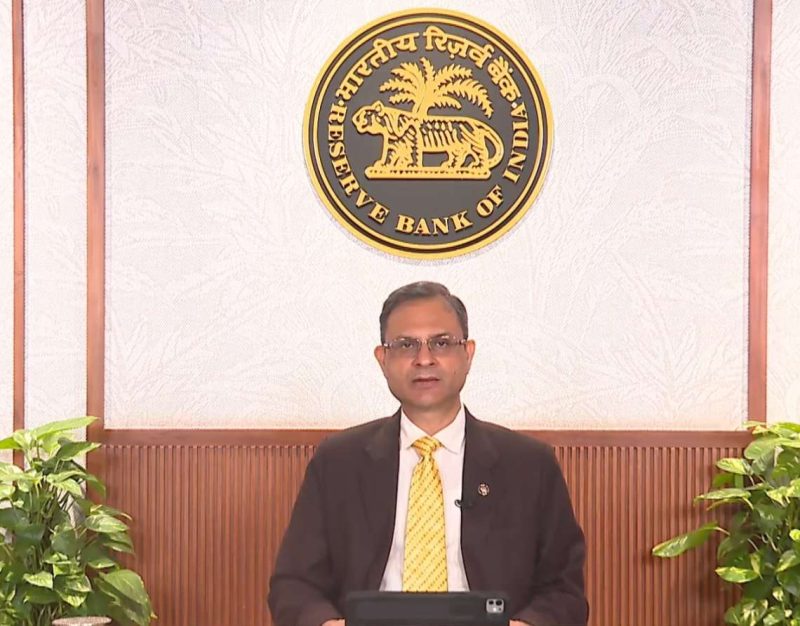According to the ICRA report, the growth in sum assured in the retail segment for insurers is expected to continue to outpace the growth in retail new business premiums (NBP)
The life insurance sector in India, known for its high capital intensity, is set to receive a significant capital infusion with the government’s proposal to raise Foreign Direct Investment (FDI) limits to 100%. This move, outlined in a report released by rating agency ICRA, is expected to provide much-needed financial support to life insurers, enabling them to expand their mortality coverage and increase penetration across the country.
The life insurance sector has long faced challenges due to its capital-intensive nature, requiring large investments to sustain growth. In order to meet this demand, insurers have needed substantial capital infusion. The increase in FDI limits is expected to provide this boost, helping insurers navigate the challenges posed by high capital requirements, while also addressing India’s significant protection gap in life insurance.
According to the ICRA report, the growth in sum assured in the retail segment for insurers is expected to continue to outpace the growth in retail new business premiums (NBP). Private insurers, in particular, saw a significant rise in retail sum assured by 41% year-on-year (YoY) during the first nine months of FY2025, compared to a 30% increase in FY2024. In contrast, the retail NBP growth stood at 17% in FY2025, compared to 7% in FY2024.
The report attributes this higher growth in sum assured to the shift in product mix, particularly the movement from high-value non-participating (non-par) products to lower-value unit-linked investment plan (ULIP) products. While ULIPs are attractive in terms of investment, they typically come with lower value of new business (VNB) margins. The result is increased pressure on VNB margins, with insurers attempting to offset this pressure by increasing the sum assured and adding rider attachments.
As the capital requirements for life insurers are closely tied to the sum assured in force, the increased growth in sum assured leads to a higher capital intensity. This means that insurers will require more capital to maintain growth levels. The introduction of higher FDI limits is seen as a vital solution to meet these elevated capital requirements, as it will facilitate more foreign investments into the sector, thereby helping insurers expand their offerings and reduce the protection gap that exists in India.
The ICRA report highlights a key trend where, while the growth in life insurance premiums has historically been driven by investment considerations, there is now a noticeable shift in consumer preferences. With increased awareness about the importance of mortality risk coverage, demand for life insurance products focusing on protection has seen a rise. This trend is particularly evident among younger consumers, who are increasingly opting for products that provide long-term financial security.

While the Life Insurance Corporation (LIC) continues to dominate the market, holding a significant share of retail and group NBP, private insurers have made considerable strides in terms of sum assured. According to the report, private insurers commanded a market share of 84% in retail sum assured and 80% in group sum assured in FY2025. This stands in contrast to their 63% market share in retail NBP and 28% in group NBP.
The increased share of private insurers in terms of sum assured reflects their growing dominance in the high-value life insurance space. These companies have been able to leverage their expertise, long operating histories, and strong capital backing to offer larger coverage amounts. However, the capital required to maintain such coverage remains a challenge, particularly in the retail segment, where the risk is underwritten for a much longer period.
The report emphasizes that mortality protection, which demands significant upfront capital, is key to this segment’s growth. Risk management strategies and reinsurance tie-ups are crucial for insurers looking to underwrite larger sum assured policies. Private insurers, particularly those with a long history of operations, have the advantage of having a backbook surplus, which helps them underwrite higher sum assured policies and spread the risk more effectively.
ICRA Vice President Neha Parikh commented on the sector’s dynamics, stating, “Mortality protection demands significant upfront capital, risk management, and reinsurance tie-ups, which have resulted in a concentration of the sum assured market. In the retail and group sum assured segments, the capital requirement is particularly higher in the retail segment, as the risk is underwritten for a much longer tenure. Some large private insurers benefit from their long operating history, which results in backbook surplus, and thus supports their ability to underwrite higher sum assured policies.”
As the FDI limit increase to 100% takes effect, the life insurance sector will likely experience enhanced growth, increased foreign investments, and an overall strengthening of the country’s insurance infrastructure. With private players already gaining ground in terms of sum assured, this move could further propel their market share and increase the overall penetration of life insurance in India, providing more people with access to crucial mortality protection.
The government’s decision to raise the FDI limits is seen as a critical step in bolstering India’s insurance industry and ensuring it is better equipped to meet the evolving demands of a growing and increasingly aware population. The move also complements the government’s larger vision to increase insurance coverage and reduce the protection gap that remains a significant concern in the country. As insurers are set to benefit from this influx of capital, the sector is poised for a period of accelerated growth, ensuring greater financial security for the Indian populace.











